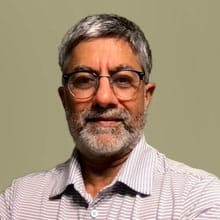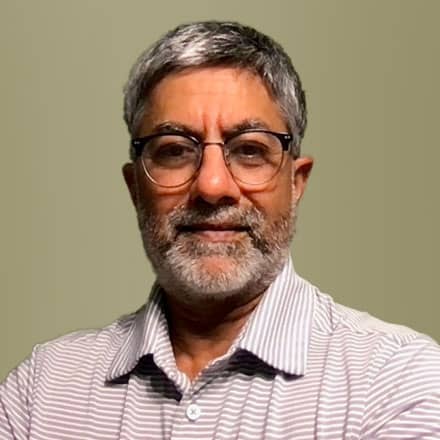Inside Angle
From 3M Health Information Systems
AI Talk: Book review and the Turing Award
This week’s AI Talk…
Book Review: Deep Medicine: How Artificial Intelligence Can Make Healthcare Human Again
Dr. Eric Topol has boiled down an ocean of work in his book—all related to how AI is transforming almost every aspect of health care. Peppered with personal anecdotes and his run-ins with our healthcare system as an informed patient, this book is a fascinating read. As one of the lead investigators of the Precision Medicine Initiative (now called “All of Us”), he is uniquely qualified to talk about both the evolution of physician practice and the patient side of the equation. His rallying cry is the patient owns their data and they should demand it of the recalcitrant institutions they deal with for their care. He lists 20 reasons for why patients should do this. And his message to doctors: Embrace technology and become human again and spend more time with the patient, really talking and empathizing with them.
A big caveat with most AI solutions to date is that they are retrospective in nature and do not rise to the gold standard offered by double-blind clinical trials that are necessary to gain trust in efficacy of the solution offered.
He also gives his thoughts on practically all the different specialties, including the pattern recognition disciplines—radiology, pathology, dermatology and ophthalmology. His advice to radiologists and pathologists: Embrace the technology and start seeing patients. A debrief session from a radiologist is far superior to the interpretation being conveyed by a family practice physician or a surgeon. Dermatology is rapidly evolving to embrace smartphone-based imaging solutions. Ophthalmology is one area where there are on-going clinical trials for detecting a variety of eye-disorders using AI.
The non-pattern recognition (at least the image variety) includes all other physicians. Deep phenotyping combined with genotyping data practically means all aspects of individual patient data—from genetic, to EHR data, to lifestyle data that you can gather using smart gadgets, to social media posting—play a part. The data crunching capabilities of deep learning will play a significant role in analyzing and diagnosing diseases, providing clinical decision support and predicting disease progression. Robot-assisted surgeries are already happening and will become common place. The author underscores the point that present day EHRs are quite unpopular and that voice interface and virtual personal assistants will play a big role in the future. There is an entire chapter devoted to mental health. There are already smart apps that provide counseling and it turns out people are more ready to open up to a bot than to a person. Current dietary guidelines are basically hogwash. The future involves individualized diets based on individual characteristics and the makeup of the microbiome (gut bacteria). Nurses, with their personal touch, will continue to play a pivotal role in caring for patients, but again augmented by technology.
It is not just physicians and nurses; the whole system is in for a change. Logistics can be done to a higher standard, hospitalization can be minimized and remote care can be delivered via tele-monitoring. The sweeping changes prognosticated here are not only happening in the U.S. This quote about China is telling: “The Guangzhou Hospital is using AI, trained from 300 million records (no wonder the Economist characterized China as “the Saudi Arabia of data”).” But, the closing message is to physicians: To go back to their roots and the reason they took up their profession. To empathize with and take care of patients. This message and the book as a whole serve as powerful validations of all that we do with our focus on virtual assistants and other AI automation tools with the mantra of “creating time to care.”
Turing Award
The Turing Award is said to be the Nobel Prize of computing. and has been in place continuously since 1966. The receipients of the award are the who’s who of the computer science discipline. Starting in 2014, (thanks to Google) the award price went up to $1 Million. The 2018 award recipients have just been announced and it has gone to three AI pioneers who launched the deep learning frenzy: Yoshua Bengio, professor at University of Montreal, Geoffrey Hinton part Google employee and part professor at University of Toronto and Yann LeCun part Facebook employee and professor at NYU. A very richly deserved accolade for these uber computer scientists!
I am always looking for feedback and if you would like me to cover a story, please let me know. “See something, say something”! Leave me a comment below or ask a question on my blogger profile page.
V. “Juggy” Jagannathan, PhD, is Vice President of Research for M*Modal, with four decades of experience in AI and Computer Science research.




